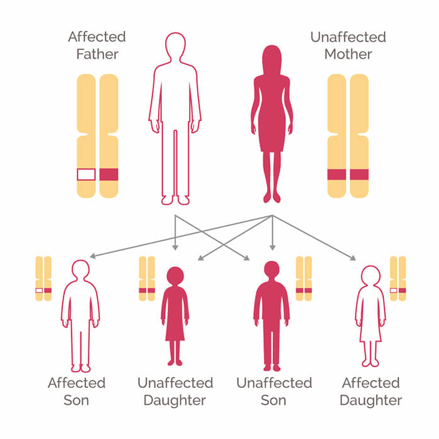Source: National Breast Cancer Foundation, Inc.
Cancer is a family affair. If you’ve been diagnosed yourself, it’s possible that a loved one could have a higher potential for similar complications. Similarly, if you have a relative that’s been through the fight, then understanding your precise familial connection to cancer can help you understand your own risk.
According the University of Texas MD Anderson Cancer Center, there are several genetic factors that can help determine your risk level:
- You had breast cancer before age 50.
- You had high grade serous ovarian cancer.
- You had breast and high grade serous ovarian cancer.
- You have relatives with breast, ovarian, pancreatic or prostate cancer.
- Any men in your family had breast cancer.
- You are of Ashkenazi Jewish ancestry.
- A family member has a BRCA1 or BRCA2 genetic mutation.
BRCA (an abbreviation for “BReast CAncer”) genes are inherited, and parents who possess BRCA genes have a 50% chance of passing it on to their children.
However, most cancer cases are not related to family history, and in fact only about 5 to 10% of cancer cases are related to genetics.
If your family history is concerning, talk with your doctor about the right approach for you. And always keep up with your regular screenings.

